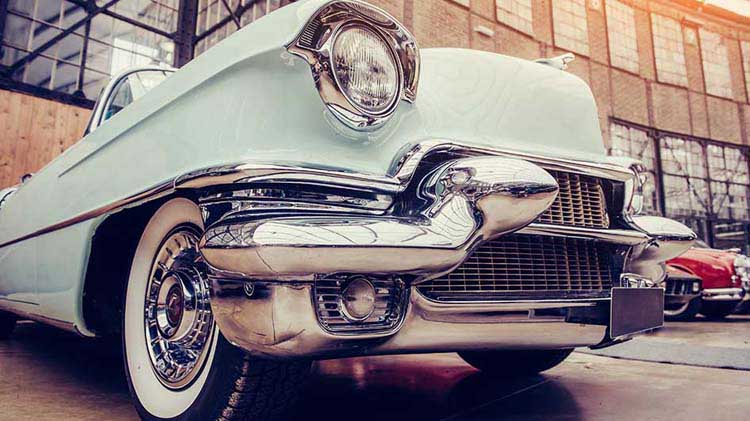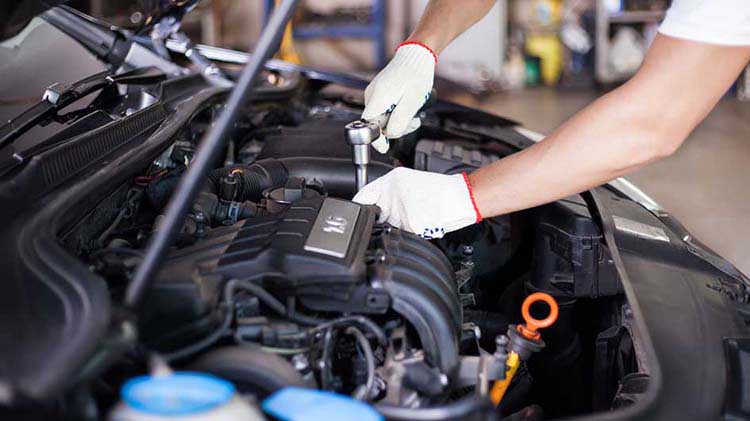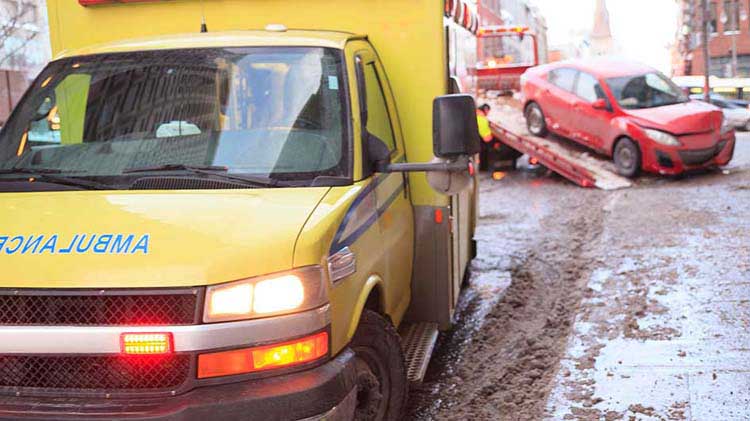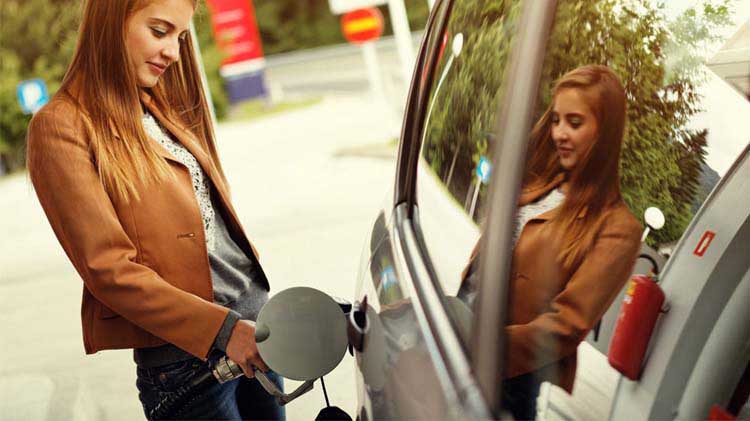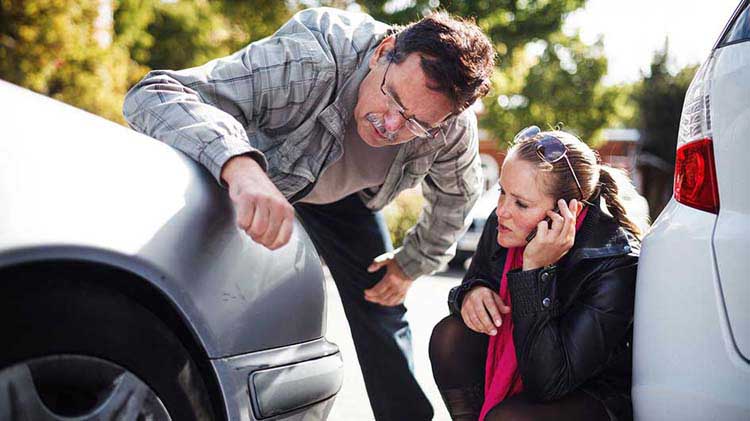In the market for a classic car? Here's the buyer's guide you need
How to inspect and buy the classic car that's best for your purposes.
Buying a classic car might be one of the most exciting auto purchases you'll ever make. So it pays to do to your homework. Antique and vintage cars can be costly to purchase, restore and maintain. Classic car insurance works differently as well, as the cars generally appreciate rather than depreciate in value.
Whether you're looking for a project car to work on yourself or a fully restored show car, you'll want to make a smart, informed decision.
How to buy a classic car
There are numerous options when buying a classic car. But before getting out the checkbook, it's good to think about what's right for you.
- Be careful about the investment. Making money on classic cars can be very difficult. Buying something simply because you think it's a good investment can be risky. The collectible car market is very volatile. Experienced dealers will tell you that a collectible car is only worth as much as someone will pay for it. "Book value" isn't a guarantee. If this car will be for fun, focus in on cars that you would be proud to own and drive for years to come.
- Decide how it will be used. Think carefully about what you want to do with the car. Will it be driven daily or just on weekends? Would you like to show it? Will it sit in your garage under a tarp and rarely get used? How you answer these questions will determine what you should buy.
- Establish an affordable budget. Carefully figure out what you want to spend and stick to it. Keep in mind that restoration projects can be extremely expensive. If you buy a fixer-upper, you may quickly exceed your budget on parts and labor. A bargain car may end up costing you more than a pricier, but cleaner version.
- Do your research. Be sure to check the average retail value to get a baseline price. Read any information you can find. Check auto auctions and price guides to help determine what the fair market value is for your car. Be extra cautious when buying a car on the web.
- Check mileage. As with most used cars, the fewer miles on the speedometer, the more the car is probably worth. Don't be afraid to purchase a high-mileage car. Just be sure the high mileage is reflected in the price.
Classic car inspection checklist
Careful inspection is important when buying a classic car. You may want to use an inspection service. Or if you want to do it yourself, here are a few things to consider:
- Clear title: Check if the car is registered to the seller, or not registered at all. Fees and penalties can add up if you need to research previous ownership and apply for a new title.
- VIN: Make sure the Vehicle Identification Number (VIN) on the title matches the official VIN tag on the car. If they don't match, it's possible the vehicle may have been in a serious accident, the title is counterfeit or the vehicle was stolen. VIN numbers were first standardized for U.S. automobiles manufactured in 1981. The length and character types used for the VIN on older vehicles will vary depending on the manufacturer.
- Interior: Original is best. Check if the seats, upholstery, badges, radio, dashboard and emblems are damaged, or not factory original. Finding and replacing these things can really add up.
- Exterior: Try to examine the car in natural daylight. Look for the condition of the paint, obvious dents and panels that are misaligned or mismatched. Further inspection may reveal signs of major welding that could point to significant structural repairs.
- Rust damage: A little can be expected but, if complete sections of floorboards or body panels are rusted or show signs of repair or replacement, be cautious. If a professional did not do the repairs correctly, there's a good chance the rust could return.
- Test drive: If the car is running, safe and legal to drive, take it out for a spin. It's a good opportunity to check for any serious problems. Listen for anything out of the ordinary, such as noises, squeaks and clunks. If it feels loose going around corners or over bumps, there may be costly suspension problems.
Insurance for classic cars
Some employees at the State Farm® Vehicle Research Facility love classic cars, too. So much so that they built a half-and-half 'Jekyll and Hyde' 1968 Chevrolet Camaro RS convertible to demonstrate the importance of assigning proper values to collector cars. The driver's side is restored to factory-stock specs while the passenger side is customized with lots of flashy aftermarket parts and custom bodywork.
Whatever vehicle you decide is right for you, you'll want help protecting it. Be sure to check eligibility for classic car insurance. Then, review our Antique/Classic Program to learn more about the types of coverage available.
